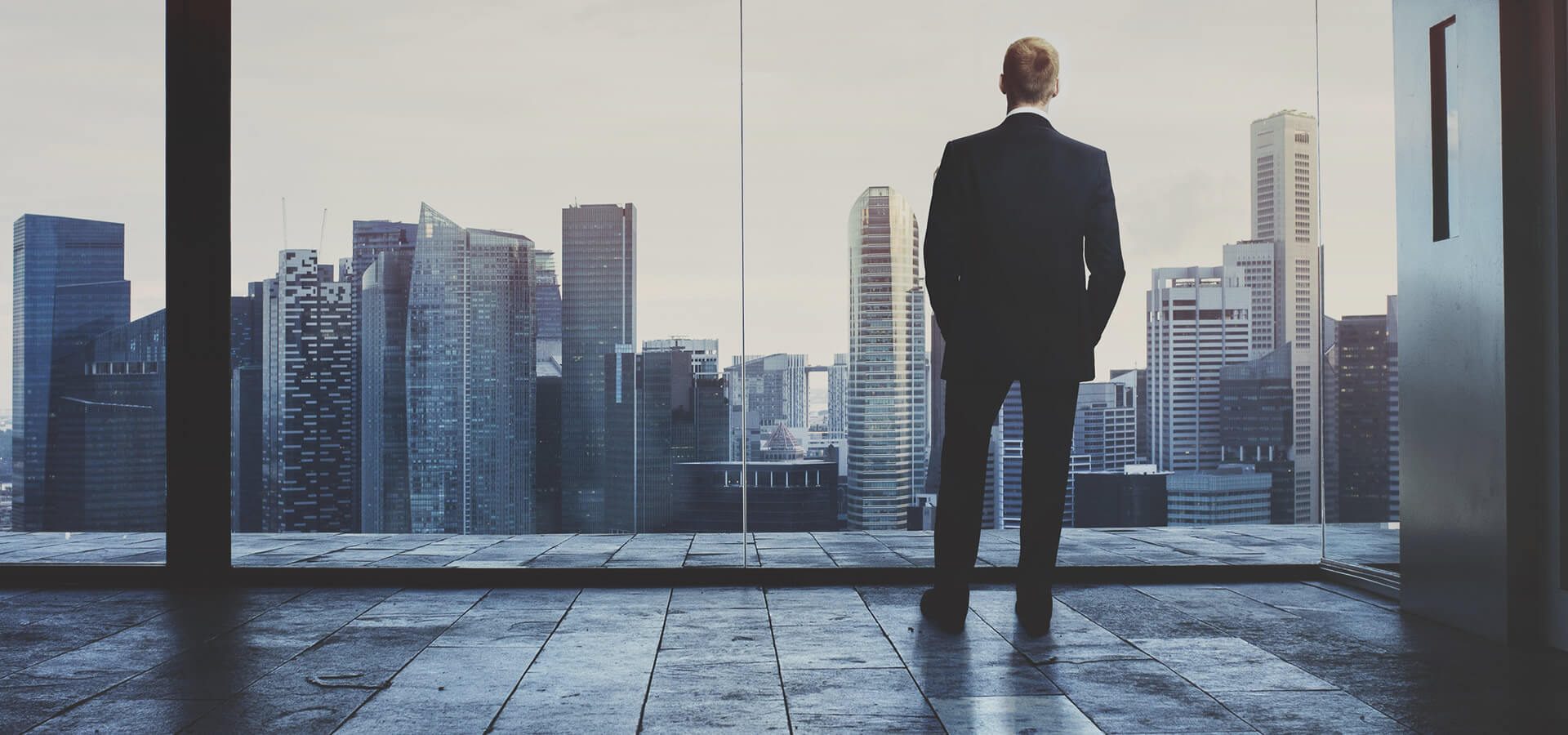alva is now Penta. We are the world’s first comprehensive stakeholder solutions firm. Learn More
Hit enter to search or ESC to close

We are in the midst of an ethical crisis. That´s why you should keep in mind what is reputation risk and how it can affect your business.
This year’s Edelman Trust Barometer reveals that globally, only 56% of people trust business to do what is right (although, perhaps understandably, even fewer – 47% – have faith in the media’s conscience). Yet despite this lack of trust in what they read and hear, the same study also found growing engagement with the news, which surged by 22 points in 2019; 40% of people not only consume news once per week or more, they also routinely amplify it. (Nonetheless, 73% of people are worried about fake news being weaponised: that shifty media again).
Why does this matter to you? Because not only is the reputation of business as a whole tanking, whether they trust it or not people are engaging with and sharing news – so any negative reporting about issues your organisation is experiencing is going to be heard by a growing, already distrustful, audience – increasing the risk of reputational damage.
Reputational risk is a tangible, quantifiable business concern. It can be measured, and undeniably has a link to financial value, among other KPIs. Just ask Boeing, whose share price slid 5.3% in March, dropping $12.7 in market value, after Ethiopia, China and Indonesia grounded its 737 MAX 8 aircraft following the Ethiopian Airlines crash. This despite Boeing chief executive Dennis Muilenburg’s statement of confidence in the plane; and the company’s initial position that no new guidance needed to be issued to operators.
No industry is safe from consumer condemnation and sharp shifts in public perception. Tech firms have come in for criticism for not eliminating exploitation in their supply chains; financial institutions are called out for manipulating the markets; retailers see sales plummet when customer data is lifted in cyber attacks. As a result, the AON 2017 Global Risk Management Survey saw damage to reputation/brand as the top-ranked risk of their survey of risk professionals.
No amount of confident comms can reverse a slide in reputation when a disaster is widely publicised. But while it can’t be controlled, reputational risk can certainly be influenced. alva’s own research shows how the deluge of digital media and communications has given an influential voice to a wider range of stakeholder groups – and as a business you need to decide whose opinion matters most when it comes to preserving your company’s reputation.
In a world where confidentiality is a commodity, it is always better to communicate than to stay silent; sucking up the short-term pain of admitting an error is worth it, because companies that are transparent in their communications tend to recover more quickly. Not responding quickly and openly – or, worse, allowing the media to scoop your disaster – results in a more tenacious news cycle, with more frequent, more damaging reporting of the issue: because cover-ups make for juicier stories.
In our infinitely interconnected, hypertransparent world where everyone has the ability to express and amplify their perspectives, corporate reputation is a much more fluid construct; which is why perceptions and expectations must be influenced – through authentic, transparent and consistent communications.
Be part of the Stakeholder Intelligence community